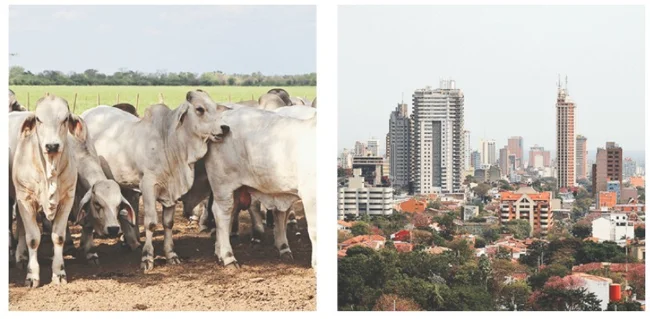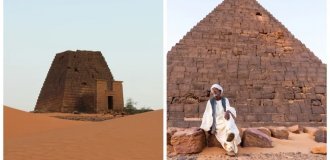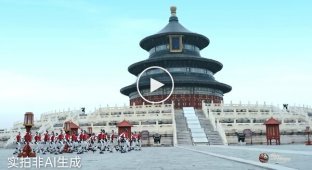Paraguay: the country that committed suicide (6 photos)
There have probably been no other examples of such recklessness in the world, at least in modern history. The war in Paraguay is an example of what can happen when a person with unlimited powers is in power, considering the country his property. Under such a regime, people turn into a faceless resource that can be disposed of as you please. 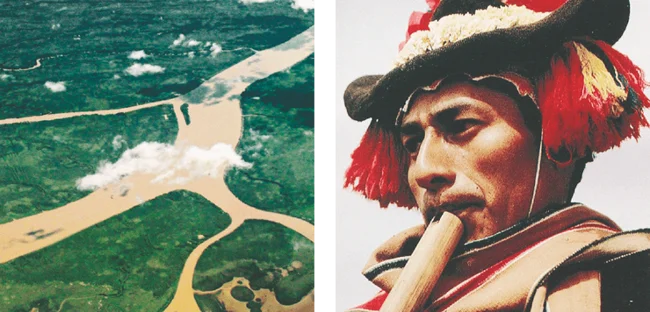
The Great War, or the War against the Triple Alliance, lasted from 1864 to 1870 and became the bloodiest in history - in terms of the percentage of losses for one side. Again, if you do not delve into ancient times, when some wars ended in the complete destruction of a tribe or people.
People from the "horned river" 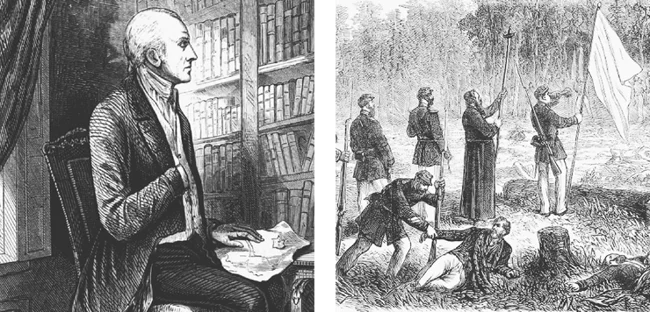
It all started with the Spanish and Portuguese, which is quite commonplace for South America. Before the arrival of Europeans, the region was inhabited by local tribes at a very low level of cultural and technical development. These were practically primitive people, engaged in hunting and gathering and practicing cannibalism. Such a lag even from other indigenous American peoples is due to the geographical location of the territory. This is practically the very center of the continent, a hard-to-reach region without access to the ocean. The name of the country itself comes from the name of the tributary of the Parana River - Paraguay, which in the local language means "horned river".
The first contacts of Europeans with the Indians were accompanied by conflicts, which is again not surprising. Hunters lived for centuries on the banks of the "horned river", and then some Spaniards sailed in, climbed into the very wilds, dragged crosses with them and taught God knows what. However, if the Incas and Aztecs lost with practically no chance of winning, then what can we say about the scattered tribes living somewhere in the South American jungle.
Until the beginning of the 19th century, Paraguay did not exist. Colonized territories were included in various larger structures like the Viceroyalty of Peru, and then - in the Viceroyalty of Rio de la Plata. The latter, in fact, was the unification of all Spanish possessions in South America, and perhaps this was what later became the cause of the great war.
The beginning of the 19th century was marked by the Napoleonic Wars. Spain and Portugal began to have problems on the continent, in Europe. Liberation wars immediately began throughout America, in which each liberator sought to get a bigger piece, often arguing their claims with the borders of the colonial possessions of the same Spain or Portugal. Finally, in 1811, local governments were created, Jose Gaspar Rodriguez de Francia came to power and proclaimed independence. From now on, Paraguay exists as a sovereign state.
The Great War 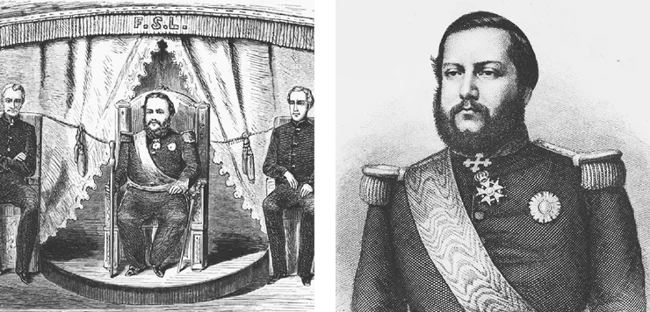
Any war, especially a great one, has some roots, some prerequisites, studying which historians later conclude: it was inevitable. Jose Gaspar first becomes one of two consuls, but soon asks to appoint him chief consul. The parliament goes to meet him, and three years later Gaspar demands to appoint himself dictator for three years. The situation is difficult: enemies are everywhere, the country is in chaos - a strong hand is needed. Having received the desired rank, he dismisses the old parliament, imprisons the opposition, and becomes a lifelong, or supreme, dictator. If anything, this was the official title.
The country is being preserved - now you can leave Paraguay only with the permission of a special commission, and illegally crossing the border is a serious crime. Foreign trade practically stops, all human resources are thrown into creating an autonomous economy. This continues until 1840, that is, until the death of the dictator, after which his nephew Carlos Antonio Lopez comes to power, and then his son Francisco Solano Lopez.
50 years of total dictatorship and life as a demigod in a separate country probably greatly affect the worldview. In general, Francisco Lopez continued the policy of his predecessors, but "cut a window" to America, opening the borders. By that time, the world was becoming more and more global, and a closed economy was no longer suitable. True, profitable trade also required access to the ocean, and at that time the only way to get to the big water was the river running through Argentina. There was another option: to squeeze a piece of territory from the Brazilian Empire and get what he wanted. Francisco Lopez chose this path. 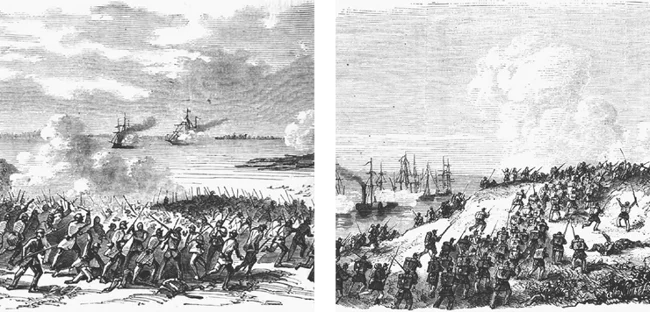
Paraguay's economy was 15-20 times smaller than Brazil's; its population was about the same size. At the same time, Paraguay got into a fight with three neighbors at once, including the already mentioned Brazilian Empire (at that time), Argentina, and Uruguay. That is, the balance of power was completely incomparable, and Paraguay was also significantly inferior in terms of the equipment of its army. Here the question may arise: why, with such a difference in forces, did the war last for as long as six years?
Firstly, the difficult terrain was ideal for guerrilla raids, and from all sides. Secondly, Francisco Lopez compensated for the technological lag with human resources. During these six years, more than half of the country's population died, and from 70 to 90% of men aged 15 and older. This was the price of defeat. In addition, Paraguay lost half of its territories. Lopez himself died hiding from pursuit by either enemy units or his own.
Children's Day 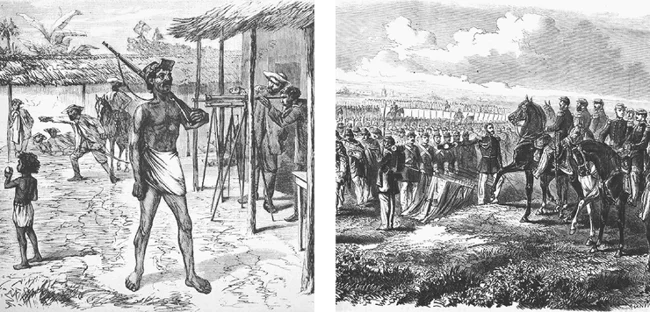
August 16 is Children's Day in Paraguay - the date is timed to coincide with the Battle of Campo Grande, when more than 3,000 of Lopez's last 6,000 soldiers were children between the ages of 9 and 15. There were simply no other soldiers left in the country, and in order for the children to look more like soldiers, beards and moustaches were painted on them with ash. Can you imagine the moral character of a commander-in-chief who understands perfectly well that the war is already definitely lost, but throws the last soldiers and even children into the meat grinder?
In this battle, Paraguay lost about 3,200 people - against 42 killed in the Brazilian army. On the one hand, the result is not surprising: there are children there, and there are professional soldiers. On the other hand, it is still amazing that the children did not retreat. Therefore, in addition to Children's Day, one of the largest military schools in Paraguay is named in honor of the fallen.
The war, which ended in 1870, had far-reaching consequences. First of all, it shook the religious dogmas that were very important at that time. Since almost all the men died, polygamy had to be allowed and even encouraged. Approximate equality in the gender ratio was restored only a century later, in the early 70s of the 20th century. In addition, huge contributions were imposed on the country, since it was Paraguay that acted as an aggressor. Thus, the national railway network came under the control of Brazil, as did several other large river ports.
However, the six-year war caused an economic crisis in Brazil itself, as a result of which it ceased to be an empire, although its territory did not change in any way. Britain turned out to be the only country to win from the Paraguayan war. To be more precise, the companies N M Rothschild & Sons and the "Baring Brothers Bank" won. These guys, in the classic way, financed all parties to the conflict, enriching themselves and paying good taxes to the British crown.
Today, Paraguay is one of the poorest countries in the entire American macroregion with a terrible reputation on the international arena. After the crushing defeat in the war, another century of internal upheavals followed: civil wars were replaced by coups d'état and new totalitarian regimes. The Paraguayans managed to move to a relatively calm and free life only in the early 90s of the last century. Time is hopelessly lost, there are much more successful neighbors in all senses around, Paraguay still has no access to the ocean, and it does not play an important transit role. Probably only a miracle can pull this country out of poverty and crime. 